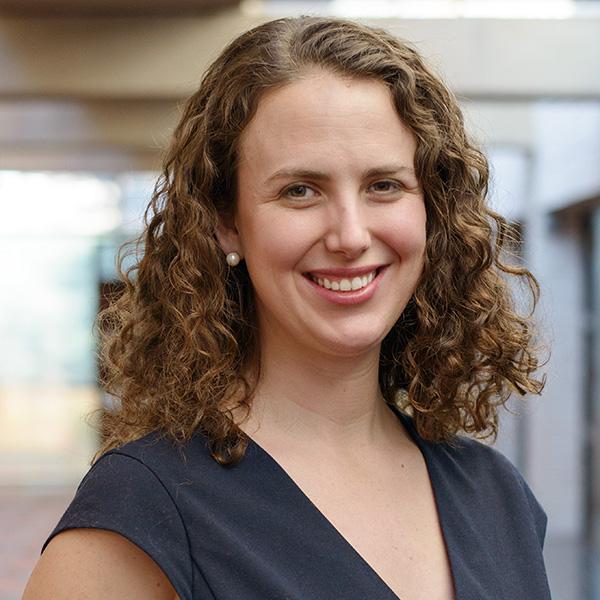In the past two months, Colorado and the federal government have made sweeping, but temporary, changes to telehealth coverage policies to allow people get medical care while staying home to reduce the spread of COVID-19.
(Read our report examining the policy questions surrounding coverage for telemedicine that are likely to arise as emergency provisions expire.)
But those policy changes generally help those who already have access to health coverage. New efforts in Colorado are aiming to reach people who don’t have health insurance — many of whom are more likely to have been exposed to COVID-19.
One of these efforts is CovidLine, which since March 2020 has provided free screenings and telemedicine for those who don’t have insurance and are concerned they may have COVID-19. It is hosted by Clinica Colorado, a Westminster-based nonprofit clinic that offers services to people across the state.
Through CovidLine, about 20 volunteer doctors — most of them retired — and 50 medical students offer care for free to anyone without insurance. The service includes Spanish-speaking doctors and interpreters.
In 2019, 6.5 percent of Coloradans — about 361,000 people — did not have health insurance, according to the Colorado Health Access Survey. This was due to factors that range from the high cost of insurance to immigration status, which affects eligibility for public programs like Medicaid.
Not having health insurance is always a barrier to getting medical care. But that barrier is even more problematic during a pandemic. Many people without insurance are particularly at risk of coming into contact with COVID-19. Key jobs deemed essential during the state’s Stay-at-Home Order, including domestic care work, grocery work, child care, and work in agricultural facilities, are less likely to offer health insurance. People of color are disproportionately likely to work in these jobs and have been disproportionately affected by COVID-19. And the uninsured rate has likely increased in 2020 as the state’s unemployment rate has skyrocketed.
Dr. Josh Emdur, the Medical Director at Clinica Colorado, said he hoped the CovidLine could be a “true front door to testing, to mental health services, to health and human services.” Those additional services can be critical for people who have symptoms of the disease and need to be isolated, he said: “You can’t tell someone to stay home if they can’t pay rent and have food.”
The line was funded in part by a grant from the Anchor Point Foundation, but Emdur said the costs of administering it are low. Since it’s run entirely by volunteers, Emdur said CovidLine can scale up or down based on the need in the coming months.
CovidLine’s appointments take place over the phone — an approach many health care providers told CHI is more accessible for patients than proprietary video chat platforms. But since CovidLine is run by volunteers, it is not dependent on reimbursement from insurers or the state to continue its services.
People who need care for COVID-19 are referred to a local emergency department or clinic as appropriate. Those who need care for something other than COVID-19 are referred to their primary care physician, if they have one, to a local free clinic, or to Clinica Colorado’s telehealth program.
As of mid-May, about 200 people had called the line, and while many of them had symptoms of COVID-19, most were not severe. But Emdur said reaching even a few people who might have the disease and would not have otherwise been able to get care was invaluable. “However we can get people to engage is a win.”
CovidLine Telephone Hotline Numbers:
- Local: 720-902-9449
- Toll-free: 1-855-963-3721
More free and paid Nurselines: https://covid19.colorado.gov/do-you-have-symptoms/telehealth-nurselines-directory
Related Blogs and Research


